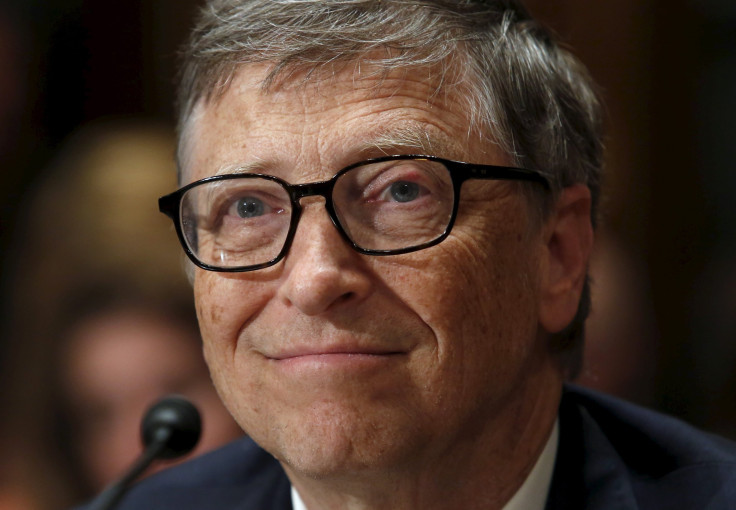Bill Gates Urges Students To Stick With College, Even Though He Dropped Out

Graduating from college is still one of the best career choices that a person can make – that’s the message that Bill Gates, the billionaire co-founder of Microsoft who dropped out of one of America’s top colleges after just two years, has for today’s students. He says that for most people, a college degree still makes it more likely that they will achieve a higher income, greater career satisfaction and even a longer life.
“Although I dropped out of college and got lucky pursuing a career in software, getting a degree is a much surer path to success,” he says in a post for GatesNotes, his personal blog, on Wednesday.
And he’s right -- a graduate with a bachelor’s degree typically earns about $300,000 in additional income over the course of their lifetime compared with a nongraduate, according to the Federal Reserve Bank of New York. This remains true even as tuition and fees at a four-year public institution have risen by about 3 percent for the past five years, according to CollegeBoard.
Gates applauded the fact that 2 million students will graduate from college this spring in the U.S. But he also says America needs far more college graduates to keep pace with demand. He warns that the nation faces a shortage of 11 million skilled workers over the coming decade as two-thirds of U.S. jobs will require some form of higher education beyond high school by 2025.
His message wasn’t only directed at students – Gates pointed out universities have a responsibility to offer students an opportunity to graduate at an affordable price, since many who enroll in college drop out due to economic hardship. In his blog, Gates highlighted the work of Chancellor Cheryl Hyman of City Colleges of Chicago as a model for improving graduation rates by tailoring academic services such as course scheduling to low-income or first-generation students who are least likely to graduate.
Gates admits that his own personal experience contradicts this message – he enrolled at Harvard University in 1973 and dropped out two years later to launch Microsoft with Paul Allen, a longtime friend. He returned to Harvard in 2007 to deliver the commencement speech and receive an honorary degree.
“I’ve been waiting more than 30 years to say this: ‘Dad, I always told you I’d come back and get my degree,’" he joked.
© Copyright IBTimes 2025. All rights reserved.






















